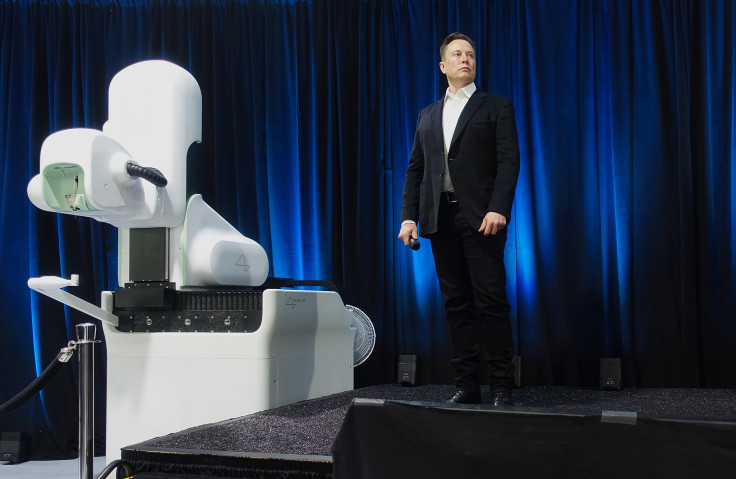Can Elon Musk's Neuralink Be The Key To Curing Cancer? Experts Weigh In
Neuralink envisions a brain-device link for communication.

During a 2024 India Today Conclave session, Tech Today editor Aayush Ailawadi interviewed Moran Cerf, a neuroscientist, Israeli security specialist, and professor at Columbia Business School. Cerf made a thought-provoking claim, suggesting that Elon Musk's Neuralink technology might be vital in curing cancer.
Discussing Musk's Neuralink, which recently achieved its first human brain implant, Cerf elaborated: "The essence of Neuralink is that our brain is the same brain from many millennia, and there are some limitations to what this brain can do. We have a harder time dealing with the world around us, and the question is, can we enhance the brain by essentially creating a digital component that will interface with that?"
"The Pope of 1963 spoke about nuclear weapons as a threat to humanity, which was a landmark speech, and it is used as a guideline on how to use nuclear weapons," said Prof. Moran Cerf (@twtrdtcm)#IndiaTodayConclave24 #neuroscience | @aayush_a6 pic.twitter.com/OB1TOQV31f
— IndiaToday (@IndiaToday) March 15, 2024
Cerf explains that Neuralink involves implanting a device in the human brain, creating an interface between the brain and the external cloud environment. This interface also gives access to the internet.
He highlighted the potential benefits and risks associated with Neuralink technology. People like Musk believe the technology will come in handy for revolutionising healthcare by curing diseases and enhancing human capabilities.
Neuralink: Brain gain or brain drain?
However, concerns exist that this brain-computer interface could endanger humanity by creating reliance on technology, exposing users to hacking and fostering an intellectual divide between those with and without implants.
Aside from this, Cerf spoke about how he looked at artificial intelligence (AI) and highlighted the importance of setting guardrails. "I think there is tension between capitalism, desire to see the technology mature and guardrails," he said.
Further comparing Neuralink to the development of nuclear power, Cerf highlighted the potential for both immense benefits and unforeseen risks. He also emphasised the technology's potential to enhance human abilities and unlock solutions to complex problems like cancer or scientific breakthroughs.
"The brain is the same brain for many millennia, and there are limitations to what it can do," Cerf explains.
— IndiaToday (@IndiaToday) March 15, 2024
Watch the Q&A session with hacker-turned-neuroscientist Prof Moran Cerf at #IndiaTodayConclave24 #neuroscience #Science #Brain #ElonMusk | @aayush_a6 pic.twitter.com/LE2fNkpMhY
However, Cerf raised concerns about a potential social divide, saying, "Implants like neuralink can give us the power of 250 IQ points or maybe solutions to cure cancer. It can also help us solve Maths and physics questions that we have been struggling with for years."
"But what if people with the implants do not want to interact with regular humans and want to create their ecosystem and we become a slave to them," he added.
Cerf concluded by highlighting the responsibility of both scientists and the public. He said scientists would naturally push the boundaries of innovation, developing technologies like Neuralink, which are currently facing expert scrutiny for lacking transparency in brain implant trials.
Cerf urged people to hold their leaders accountable and demand their stance on advancements like AI and implants. He also spoke about the importance of public discourse before these technologies become irreversible realities.
© Copyright IBTimes 2024. All rights reserved.






